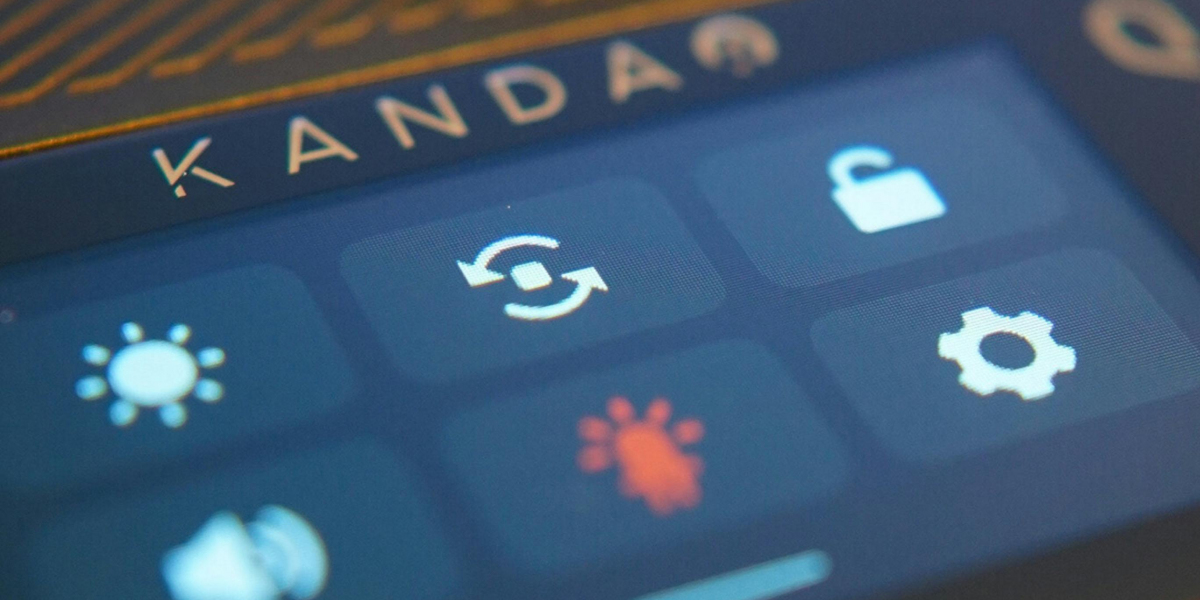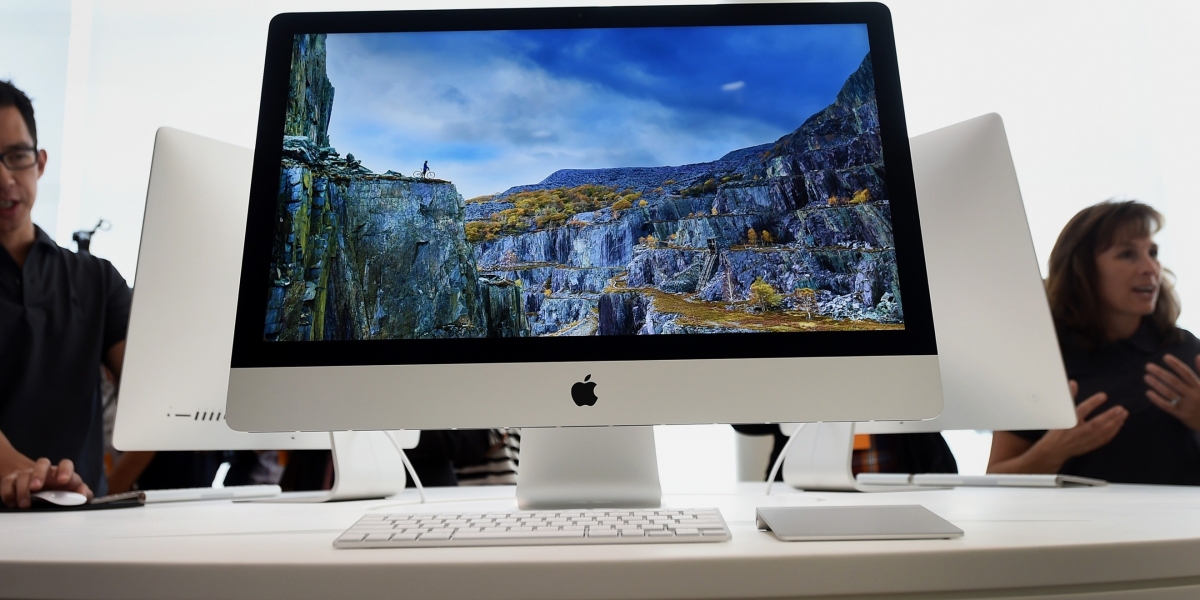Introduction: What is a Digital Lock?
A digital lock is an advanced locking mechanism that does not require a physical key to operate. Instead, it uses electronic systems to allow access, such as PIN codes, fingerprint scans, RFID cards, or Bluetooth-connected smartphones. Digital locks are becoming increasingly popular for their convenience, security, and ability to integrate with smart home systems, offering a modern and highly secure method of managing access.
1. Types of Digital Locks
There are several types of digital locks, each offering unique features to suit different needs:
- Keypad Locks: These locks use a numeric keypad where users enter a code to unlock the door. They are simple, cost-effective, and eliminate the need for physical keys.
- Biometric Locks: These systems use fingerprint recognition, facial recognition, or even retinal scans for access. These locks offer a higher level of security since biometric data is unique to each individual.
- RFID Locks: These locks use RFID cards, key fobs, or tags to unlock the door. The user simply waves the card or fob near the lock to gain access.
- Bluetooth and Wi-Fi Enabled Locks: These smart locks use Bluetooth or Wi-Fi technology to communicate with a smartphone or smart home system. Users can lock or unlock doors remotely, monitor access, and receive notifications directly from their phone.
- Smart Locks: A more advanced type of digital lock, smart locks integrate with home automation systems and allow users to control the lock from anywhere using a mobile app or voice commands (e.g., via Alexa or Google Assistant).
2. Key Features of Digital Locks
When selecting a digital lock, look for the following key features to ensure security, convenience, and reliability:
- Keyless Entry: One of the main benefits of digital locks is the ability to enter without physical keys. Users can rely on PIN codes, biometric scans, or mobile devices for entry.
- Remote Access: Many digital locks allow remote access via smartphone apps, making it easy to unlock doors from anywhere.
- Audit Trails: Some digital locks can log access attempts, allowing you to track who entered the property and when, which is valuable for security purposes.
- Backup Access Options: In the event of a power failure or forgotten PIN, many digital locks offer backup access through physical keys or emergency power supplies.
- Integration with Smart Home Systems: Many digital locks can integrate with other smart devices, such as security cameras, alarms, or home automation systems, to create a cohesive and secure smart home environment.
3. Benefits of Digital Locks
Opting for a digital lock provides numerous advantages over traditional locking systems:
- Enhanced Security: Digital locks offer higher security by reducing the risk of lock-picking and unauthorized key duplication. They often come with advanced encryption and fail-safe mechanisms.
- Convenience: Keyless entry simplifies access and eliminates the need for physical keys. Users don’t have to worry about losing keys or forgetting them at home.
- Increased Control: Many digital locks allow you to control access remotely, set temporary access codes, or grant access to specific individuals for limited periods, providing greater control over who can enter your property.
- Durability: Digital locks are designed to be robust and weather-resistant, making them suitable for both indoor and outdoor use.
- Smart Integration: For those with smart homes, digital locks can integrate with other smart devices, offering features like remote monitoring, voice control, and automated locking/unlocking schedules.
4. Applications of Digital Locks
Digital locks can be used in various settings:
- Residential Properties: Homeowners can use digital locks for entry doors, garages, gates, and more, ensuring convenience and added security.
- Commercial Properties: Businesses use digital locks to secure offices, warehouses, and storage areas. Digital locks help monitor employee access and protect valuable assets.
- Hotels and Resorts: Many hotels have adopted digital locks for guest rooms, eliminating the need for traditional room keys and offering faster check-ins and keyless entry for guests.
- Public Buildings: Schools, hospitals, and government facilities use digital locks to control access to sensitive areas, ensuring security and compliance with safety standards.
5. How to Choose the Right Digital Lock
When choosing a digital lock, consider the following factors:
- Security Features: Ensure the lock offers strong encryption, tamper-proof mechanisms, and additional security layers like biometric access or multi-factor authentication.
- Ease of Use: Look for a lock that is easy to operate and install. It should offer a user-friendly interface and simple installation instructions.
- Battery Life: Check the battery life of the lock, and ensure there is a backup power option in case of battery failure.
- Durability: Choose a lock made from durable materials that can withstand wear and tear and resist tampering.
- Compatibility: Ensure the lock is compatible with your door type and any existing smart home systems you have in place.
6. Installation and Maintenance of Digital Locks
Proper installation and maintenance are crucial to the performance of digital locks:
- Professional Installation: For optimal performance and security, have the lock installed by a certified technician, especially for more complex models that require integration with other systems.
- Regular Maintenance: Perform routine checks on the lock’s battery life, software, and mechanical components to ensure everything is working smoothly.
- Software Updates: Keep the lock’s software updated to protect against potential security vulnerabilities and to ensure it remains compatible with other smart devices.
- Security Audits: Regularly check the lock’s security settings, such as PIN codes and access logs, to ensure that only authorized individuals can gain access.
Conclusion: Future-Proof Your Security with a Digital Lock
Digital locks represent the future of home and business security. With their advanced features, convenience, and ease of use, they provide a modern, secure, and efficient alternative to traditional locks. Whether you're a homeowner looking for convenience or a business in need of robust security, digital locks offer peace of mind, ensuring that your property is protected while offering flexible access options.









